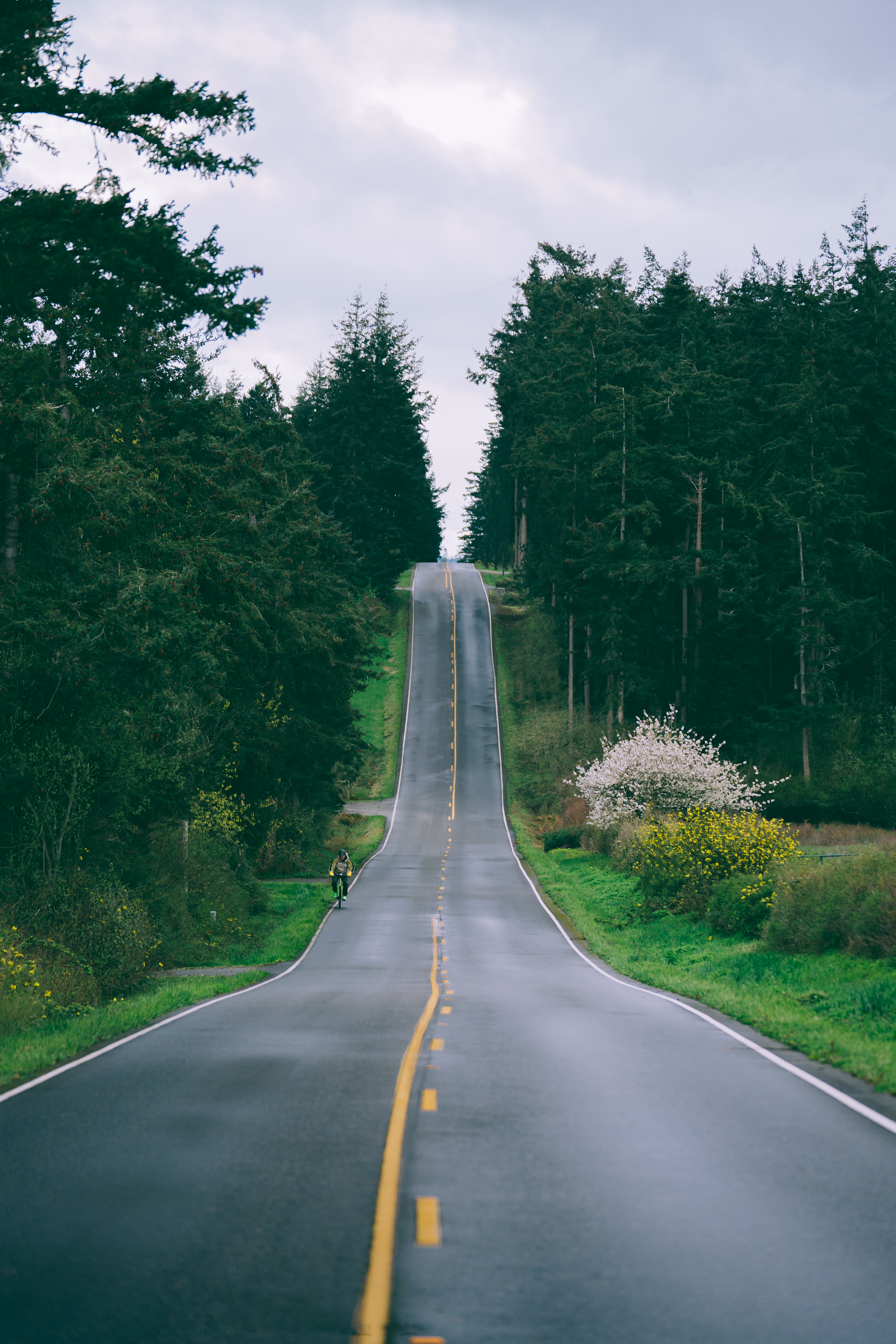
My first long distance bike ride was in 1997 when I cycled from San Francisco to Los Angeles in the California AIDSRide. I loved it!
Since then I’ve cycled across the country, up the East coast, down the West coast, Iowa RAGBRAI, MS Rides, Double Centuries, Crater Lake to Yosemite, and Banff to Yellowstone.
And tomorrow I launch my next cycling adventure around the Green Mountains in Vermont for a week with my biking buddy in a self-supported (carrying-our-own-stuff) ride.
As I reflect on 22 years of seeing the country from my bike, I wondered about my penchant for seeking new experiences.
And then I discovered neuroscientist David Eagleman.
Eagleman posits that when we inject novelty into our lives, we prevent the blur of months and years. Without novelty, time seems to pass quickly (“the older we get the faster time flies!”)
In reality time blur occurs because the older we get, the less that’s new to us. We only drove for the first time once. We only graduated from high school once. We only got our first job once.
Eagleman’s research shows that our brains record new, exciting experiences differently than routine experiences.
- First memories are thick and durable
- Routines are flimsy and forgettable
Seeking novelty helps us slow down the clock of our lives.
So how can we inject novelty into our routine?
- Find an inventive route to work
- Dine at an unusual restaurant
- Seek out new-to-you events or festivals
- Banter with strangers
- Travel to different places
- Tackle a challenge/presentation at work
- Schedule creative team-building activities
- Join a mentoring program in a new role
- Try skydiving, ballooning, or a segue
Undoubtedly our default mode is comfort, consistency, and convenience. But introducing fresh experiences halts the blur of time and forces us to live in moments.
![]()

